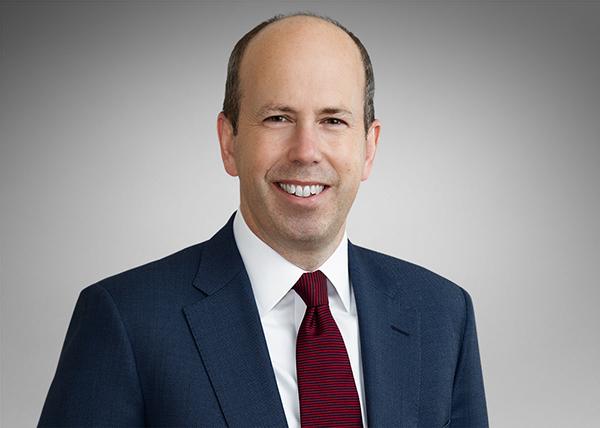On April 22, 2020, President Trump issued a proclamation titled “Proclamation Suspending Entry of Immigrants Who Present Risk to the U.S. Labor Market During the Economic Recovery Following the COVID-19 Outbreak” (the “Proclamation”). The Proclamation prohibits, for 60 days beginning on April 23, 2020, individuals who are currently outside the United States from applying for entry into the United States under immigrant visas, with exceptions. As discussed below, the Proclamation does not apply to immigrants currently in the United States or individuals outside the United States applying for non-immigrant visas, among others.
As justification for the Proclamation, the President relied on the same statutory provisions—8 U.S.C. §§ 1182(f) and 1185(a)—he invoked for the Travel Ban proclamation upheld by the Supreme Court in 2018. These provisions authorize the President to suspend the entry of aliens into the United States based on a finding that such admission “would be detrimental to the interests of the United States.”
The Proclamation provides three policy rationales in support of the President’s invocation of these authorities: (1) protecting domestic workers from “the threat of competition for scarce jobs from new lawful permanent residents”; (2) conserving “critical State Department resources so that consular officers may continue to provide services to United States citizens abroad”; and (3) avoiding a “strain on the finite limits of our healthcare system” from admitting additional green-card applicants residing outside the United States.
Based on these findings, the President determined that the “entry . . . of certain aliens as immigrants would be detrimental to the interests of the United States.”
Individuals Prohibited from Entry into the United States
The Proclamation prevents the entry of individuals who meet the following three requirements: (1) they are outside the United States as of April 23, 2020 at 11:59 pm EST, (2) they are applying for an immigrant visa, such as a green card, and (3) they “do not have an immigrant visa that is valid on the effective date of this proclamation” or do not have an official travel document allowing for travel and entry or admission to the United States. Sec. 2(a). The effect of those provisions is to bar new green-card applicants who do not live in the United States from admission into the country.
Individuals Not Covered By The Proclamation
The Proclamation does not apply to individuals living in the United States or those seeking non-immigrant visas, such as H1-B visas, even if they are outside the United States. Notably, however, the Proclamation directs the Secretary of Labor and the Secretary of Homeland Security, in consultation with the Secretary of State, to review “nonimmigrant programs” within 30 days of April 23, 2020, and to recommend to the President “other measures appropriate to stimulate the United States economy and ensure the prioritization, hiring, and employment of United States workers.” Sec. 6. It is thus possible that nonimmigrant visas will be addressed in a future proclamation or regulatory action.
The Proclamation also exempts the following categories of individuals from its reach:
- Current lawful permanent residents;
- Individuals applying for an immigrant visa as “a physician, nurse, or other healthcare professional; to perform medical research or other research intended to combat the spread of COVID-19; or to perform work essential to combating, recovering from, or otherwise alleviating the effects of the COVID-19 outbreak, as determined by the Secretary of State, the Secretary of Homeland Security, or their respective designees; and any spouse and unmarried children under 21 years old of any such alien who are accompanying or following to join the alien”
- Individuals applying for visas under the EB-5 Immigrant Investor Program;
- Individuals who are spouses of a United States citizen, individuals under 21 years old who are the child of a United States citizen, and certain individuals who are prospective adoptees
- Individuals who “would further important United States law enforcement objectives”;
- Individuals in the United States Armed Forces and their spouses and children;
- Individuals seeking entry under a Special Immigrant Visa in the SI or SQ classification and their spouses and children;
- Individuals “whose entry would be in the national interest, as determined by the Secretary of State, the Secretary of Homeland Security, or their respective designees”; and
- Individuals seeking asylum, refugee status, withholding of removal, or protection under the Convention Against Torture and Other Cruel, Inhuman or Degrading Treatment or Punishment, consistent with the laws of the United States.
Duration of the Proclamation
The Proclamation expires 60 days from April 23, 2020, but may be renewed. It directs the Secretary of Homeland Security, in consultation with the Secretary of State and the Secretary of Labor, to recommend, within 50 days of April 23, 2020, whether the President should “continue or modify this proclamation.” Sec. 4.
If you have any questions concerning the material discussed in this client alert, please contact the following members of our Antitrust Litigation practice.
Back
Back







